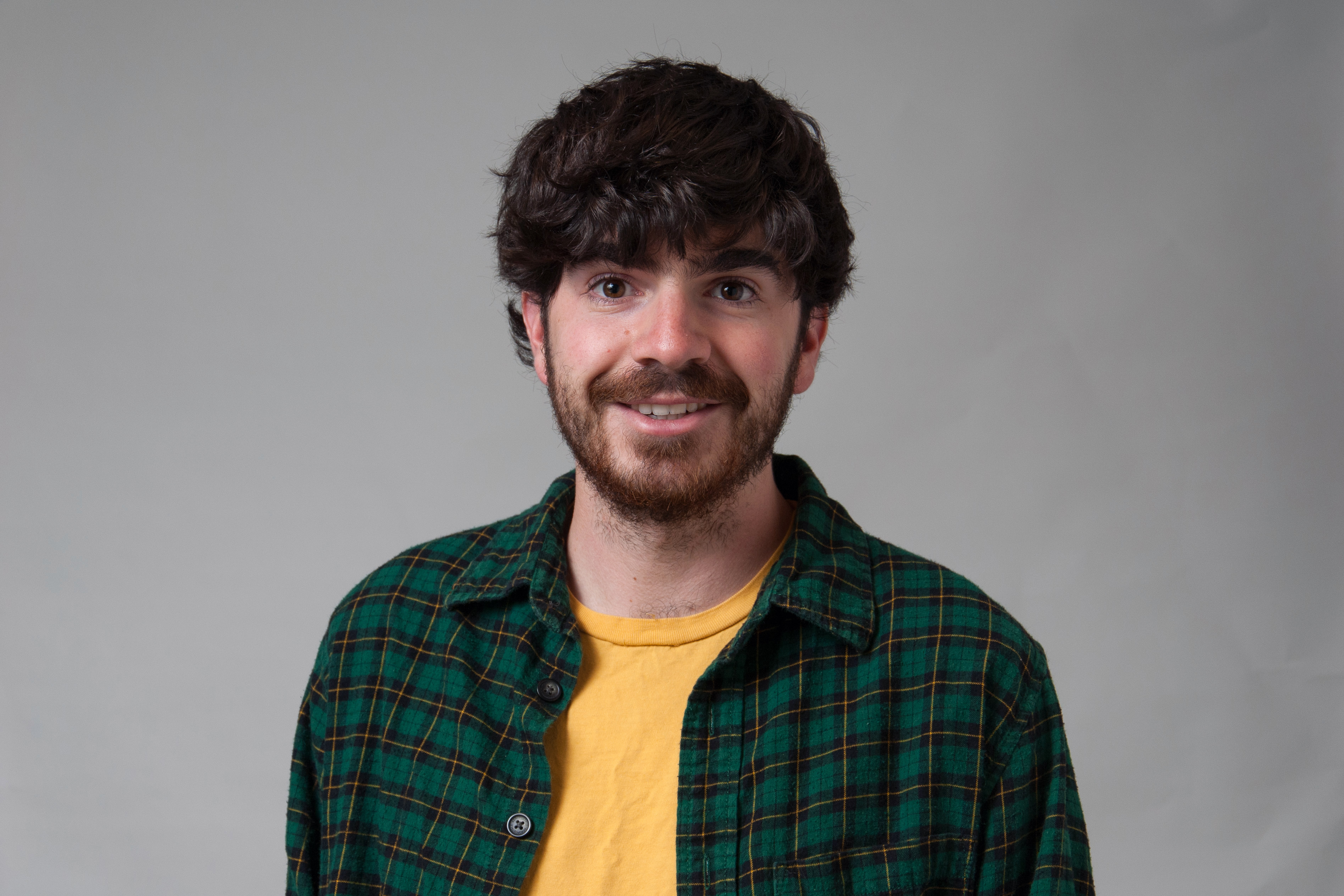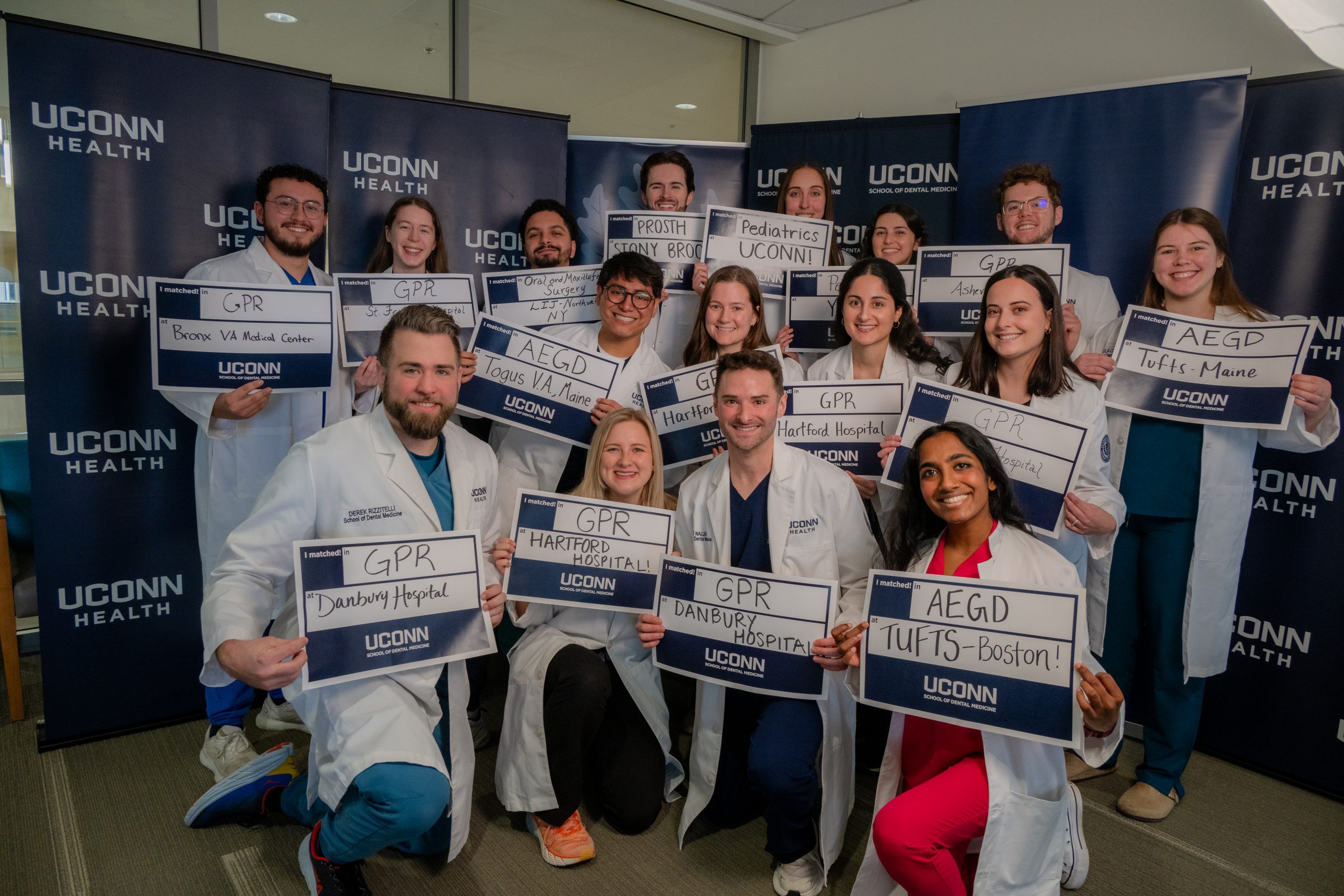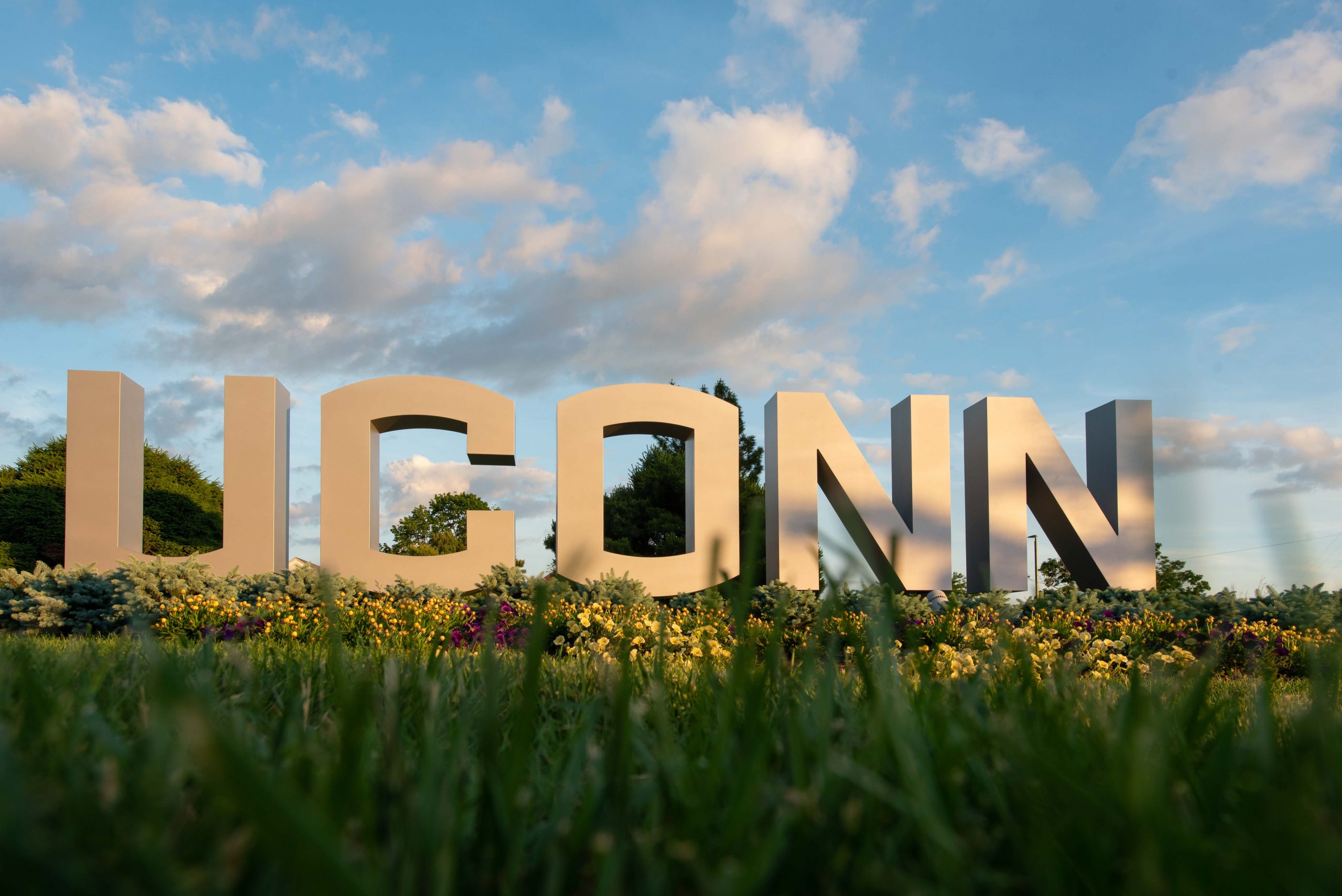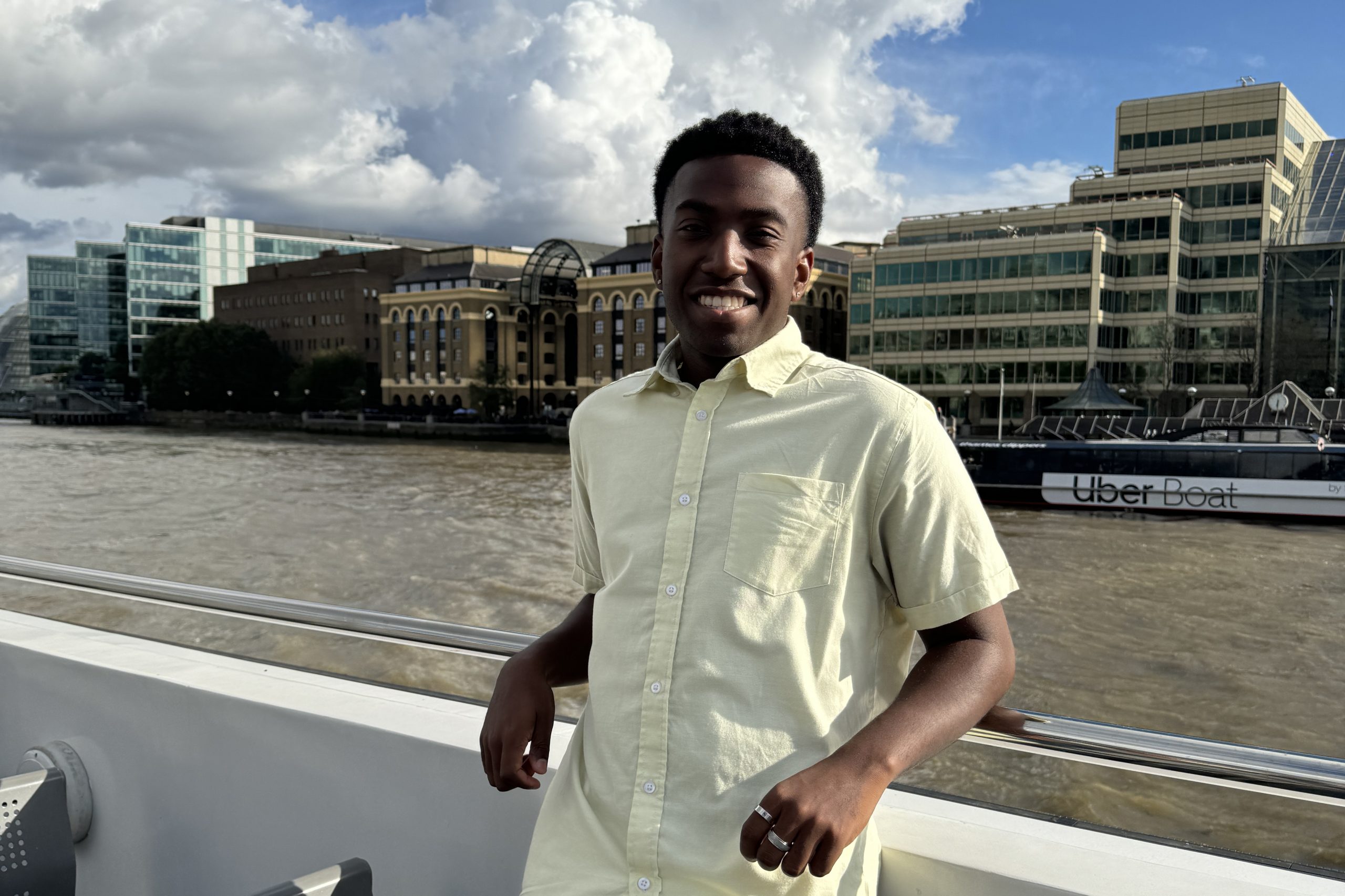This article is part of a series featuring some of this year’s outstanding graduating students, nominated by their academic school or college or another University program in which they participated. Check for additional profiles of students in the Class of 2013 on UConn Today from now through Commencement.
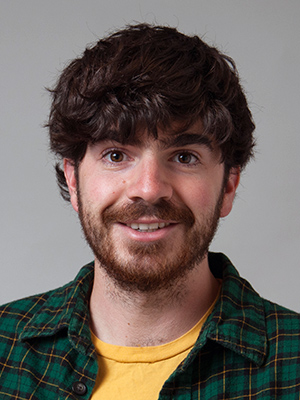
Frank Cervo, a senior environmental science major and Honors student from Long Island, N.Y., is not afraid to get his hands dirty for research.
“Doing field work means being sweaty, buggy, and being rained on,” says Robin Chazdon, professor of ecology and evolutionary biology and Cervo’s advisor. “Frank really enjoys doing field work though, and that’s important to me.”
To feed his passion for field work and environmental issues, for the past two summers Cervo has participated in research projects in the tropical Costa Rican rainforests.
“The forests in Costa Rica are just beautiful,” he says. “It’s unlike anything I’ve ever seen before.”
During the summer of 2011, Cervo worked as a research assistant for graduate student Vanessa Boukili, who is also working in Chazdon’s lab, studying the functional traits of trees in tropical forests. A tree’s functional traits are characteristics such as leaf thickness, toughness, and size. These traits, Cervo says, can help scientists to gauge a tree’s growth strategy: “If you’re planning a forest restoration project, you can see which species would be best fit for that specific area, based on their functional traits.”
Cervo says that studying functional traits of plants is also a highly useful tool for scientists to effectively manage forests.
“If a forest is struggling and you don’t know too much about the species there, you can measure its functional traits to make some assumptions,” he says. “From there you can make a decision and help improve the forest.”
Although Boukili studied the functional traits of seedlings and full-grown trees, no one in their lab had yet researched the middle stage of tree development, the saplings. Chazdon, Cervo’s advisor, encouraged him to adopt the project for his own Honors senior thesis. Last summer, Cervo traveled back to the tropical paradise to conduct his research.
“I studied tree saplings that are about 1-5 centimeters in diameter,” says Cervo. “I studied their functional variations, and compared those traits between old growth and second growth forests.”
Back on campus, Cervo also works in Chazdon’s lab with her graduate students.
“I would take the samples that we collected from the field and grind them up into a powder so that they could be analyzed,” he says.
Chazdon is impressed with Cervo’s thorough work ethic both in the field and in the lab.
“People think that doing research is a lot of ‘aha’ moments,” says Chazdon. “But it’s actually a lot of collecting, rechecking, and waiting for results.”
This summer Cervo will return to Costa Rica, this time to present his research at the Association for Tropical Biology and Conservation’s 50th anniversary conference. Chazdon is excited for Cervo to have the opportunity to exhibit his hard work.
“He is a fearless learner,” says Chazdon. “I have high hopes for him.”
Cervo’s field studies in Costa Rica and his lab experience at UConn have shaped his goal for the future: to obtain a Ph.D. in environmental science.
“I want to spend some time as a research assistant and find out what’s going on in the field today,” he says. “The environment is something that I feel I could really have an effect on and improve for the better.”
